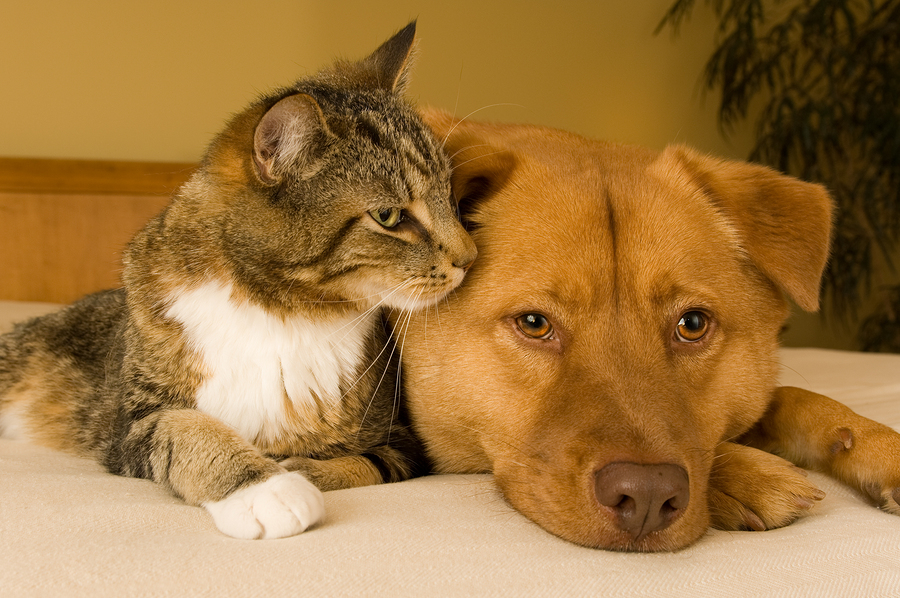10 toxic substances you should be aware of for National Pet Poison Awareness Month
As a pet owner, it is important to be aware of the potential toxins that could harm your furry friend.
March is National Pet Poison Awareness Month, which serves as a reminder to pet owners to take extra precautions to ensure their pet’s safety. While there are numerous substances that can be harmful to pets, there are 10 common toxins that all pet owners should be aware of. These toxins include household cleaners, medications, plants, and certain foods. By being aware of these potential dangers and taking the necessary precautions, you can help keep your pet healthy and safe.
Below are some of the most common toxins that pet owners should be aware of:
- Chocolate: Chocolate contains a compound called theobromine, which is toxic to dogs and cats. The darker the chocolate, the more toxic it can be.
- Xylitol: Xylitol is a sugar substitute found in sugar-free gum, candy, and other products. It can cause hypoglycemia (low blood sugar) and liver failure in dogs.
- Grapes and raisins: Grapes and raisins can cause kidney failure in dogs.
- Onions and garlic: Onions and garlic can damage red blood cells in dogs and cats, leading to anemia.
- Antifreeze: Antifreeze contains ethylene glycol, which is highly toxic to pets. It can cause kidney failure and death.
- Rat poison: Rat poison contains various chemicals that can be lethal to pets if ingested.
- Household cleaners: Household cleaners can be toxic if ingested by pets. They can cause irritation to the skin, eyes, and respiratory system.
- Medications: Many human medications can be toxic to pets. Some examples include acetaminophen (Tylenol), ibuprofen (Advil), and antidepressants.
- Insecticides: Insecticides can be toxic to pets if ingested or if they come into contact with their skin.
- Plants: Many plants can be toxic to pets if ingested. Some common examples include lilies, azaleas, and daffodils.
It’s important to keep these toxins out of reach of pets and to seek veterinary attention immediately if you suspect your pet has ingested any of them.
Visit our Pet section here for loads more hints and tips
Need Pet insurance? Find out more about Petgevity – and enjoy a £25 Amazon gift voucher when you join!
- Also, see – 10 potential hazards to be aware of during the festive season
- Click here for a further guide to plants and household substances poisonous to dogs.
- Click here for – Chestnuts, acorns and conkers – potential autumn perils for dogs




















